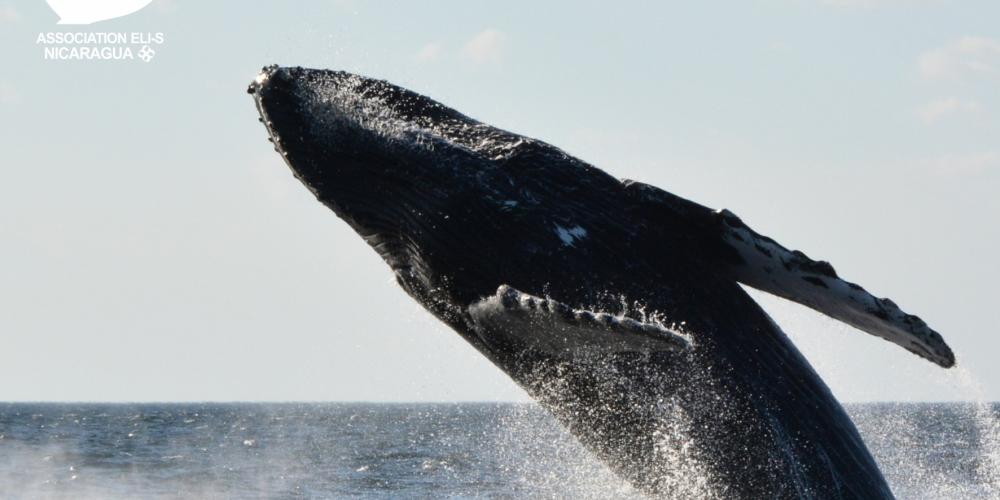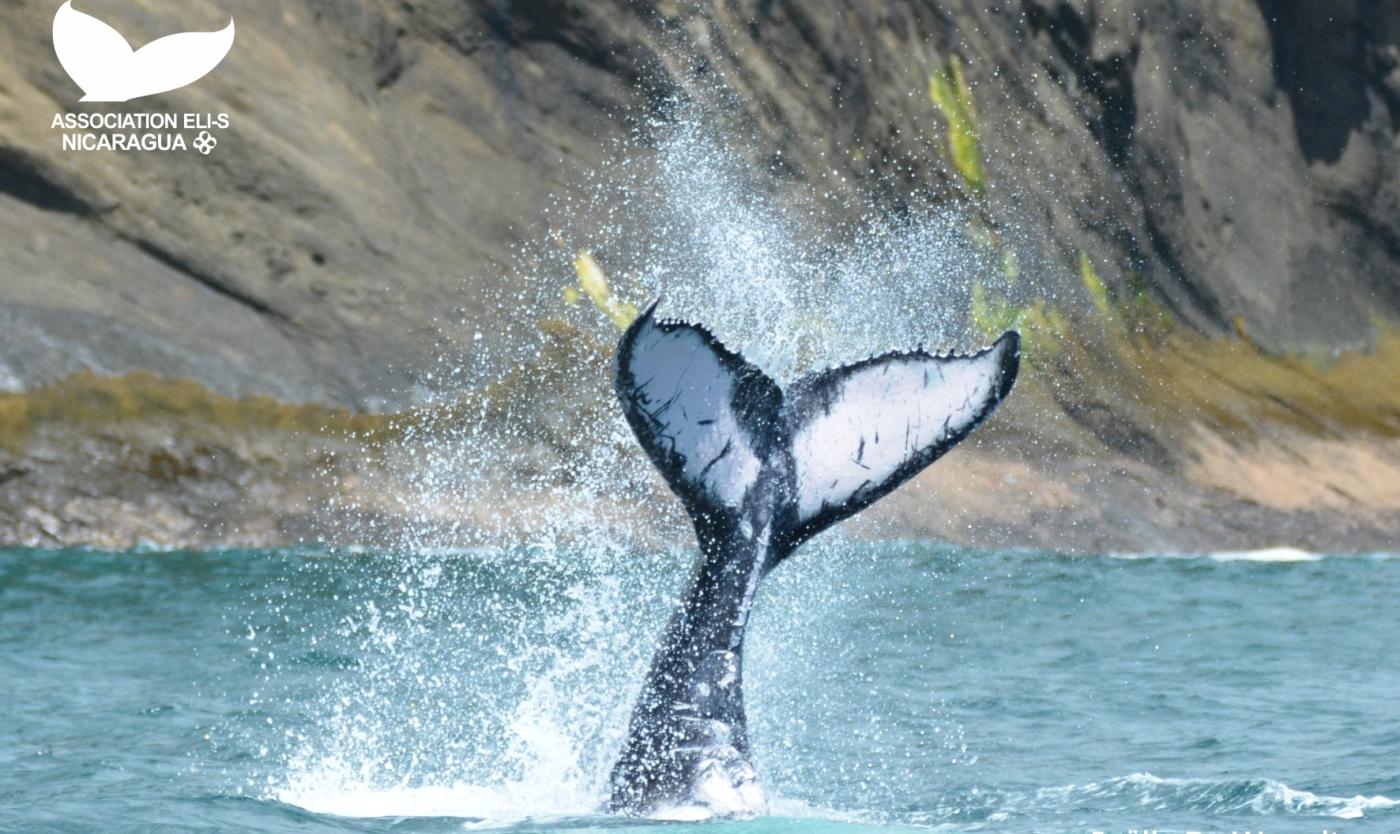
Populations of humpback whales in the North Pacific are under pressure due to climate change. An extensive study of humpback whale populations in the North Pacific by VUB biologist Joëlle De Weerdt shows that climate change is having a negative impact on the species. Joëlle De Weerdt is a marine biologist and founder of the Association ELI-S, a non-profit organisation dedicated to protecting whales, dolphins, and their habitats through science and education.
"Humpback whales are characterised by their large pectoral fins and produce melodious songs. They are often spotted near coastlines and are known for their impressive breaches. They also migrate annually between feeding and breeding grounds: they find krill and sardines, their main food sources, in cold waters, but give birth to calves in warm waters."
Scientific research on humpbacks began in the 1970s, focusing mainly on population dynamics, recovery mechanisms, and why some populations fare better than others. The new study, led by Ted Cheeseman of Southern Cross University in Australia, utilises AI recognition software (https://happywhale.com/) to identify individual photos of tails. "It's akin to facial recognition software for whales," says Joëlle De Weerdt. "By combining data from humpback populations across the entire North Pacific, we created the largest identification dataset ever compiled for a whale species," says Ted Cheeseman. "Our findings outline a picture of a strong recovery of the population following the cessation of commercial whaling in 1976, from an estimated 17,000 individuals in 2002 to 33,500 in 2012. However, more recent years have shown a concerning trend, with an apparent decline of 20% (about 7,000 individuals) from 2012 to 2021. This suggests that the population abruptly reached carrying capacity due to loss of prey," continues Cheeseman.

The influence of climate change has played a significant role in the observed decline in the population. This study reveals that the strongest marine heatwave ever recorded globally during the period 2014-2016 altered the course of the species' recovery, with lasting effects.
"This research is a wake-up call for our understanding of the interaction between marine ecosystems and climate change," says Cheeseman. "It underscores the urgency of effective conservation efforts to protect these, and other iconic species from the impacts of a changing climate."

